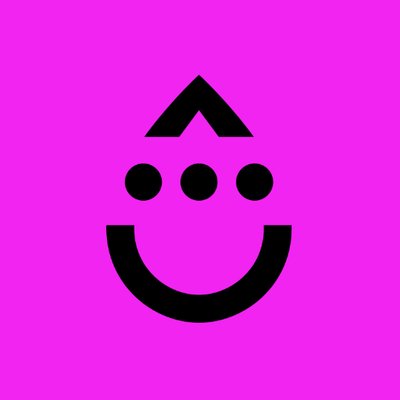How I Started A Personal Finance Blog That Gets Millions Of Traffic Per Year
Hello! My name is Jim Wang and I run a personal finance blog. I started the blog in late 2015 and we aim to help young professionals and new families better manage their money and, as a result, their lives.
Before WalletHacks.com, I started a personal finance blog in 2005 called Bargaineering with a similar mission. It started as a personal journal, which is what most blogs were back then, and grew into a site that many people relied on for financial news and information. I sold that blog in 2010 and missed it so much that I created WalletHacks.com as soon as I could!
We don’t sell any products of our own, we just provide free personal finance information to our readers and monetize through advertising and affiliate partnerships. It’s a model that has served us well over the years and we’re set to make high six figures in 2021 with a full-time staff of just one - me.
What's your backstory and how did you get into entrepreneurship?
I grew up on Long Island and was always a decent student in school but was never near the top of the class. I enjoyed school and was a relatively quick learner, but it wasn’t something that captured my interest. As a kid, I would make...














